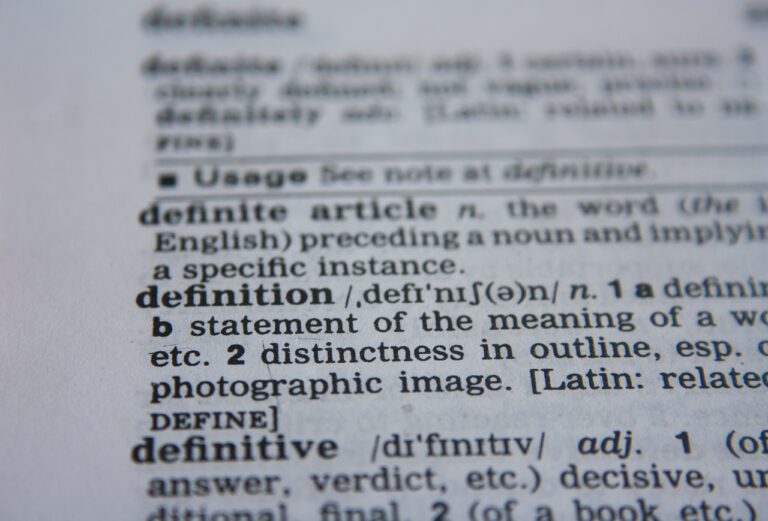The Future of E-Learning in Promoting Sustainable Development Goals (SDGs) Education
betbhai book, cricbet99 login, diamondexch9 login: The future of e-learning in promoting Sustainable Development Goals (SDGs) education is an exciting prospect that holds immense potential for driving global progress towards a more sustainable and equitable world. As we navigate the challenges posed by the COVID-19 pandemic and its impact on education systems worldwide, the role of e-learning in advancing SDGs education has become more critical than ever before.
E-learning platforms offer a flexible and accessible way to deliver high-quality education to individuals across the globe, regardless of their geographic location or socioeconomic status. By leveraging technology to create interactive and engaging learning experiences, e-learning can help bridge the education gap and empower learners to acquire the knowledge and skills needed to contribute towards achieving the SDGs.
Here are some key ways in which e-learning can promote SDGs education:
1. Access to Quality Education: E-learning provides a platform for delivering quality education to a wide audience, including those in remote or underprivileged communities. By making educational resources available online, e-learning can break down barriers to access and ensure that everyone has the opportunity to learn and grow.
2. Promoting Lifelong Learning: E-learning enables individuals to engage in continuous learning and skill development throughout their lives. This not only enhances their personal growth but also equips them with the tools to adapt to a rapidly changing world and contribute meaningfully towards sustainable development.
3. Fostering Global Collaboration: E-learning facilitates collaboration and knowledge sharing among individuals from diverse backgrounds and cultures. By connecting learners from across the globe, e-learning promotes a sense of global citizenship and encourages collective action towards achieving the SDGs.
4. Empowering Educators: E-learning empowers educators to create innovative and engaging learning experiences for their students. By leveraging digital tools and resources, educators can personalize learning content, track student progress, and provide targeted support, thereby enhancing the effectiveness of SDGs education initiatives.
5. Raising Awareness: E-learning can be a powerful tool for raising awareness about the importance of sustainable development and the role that individuals can play in advancing the SDGs. Through online courses, webinars, and interactive resources, e-learning can educate and inspire learners to take action towards building a more sustainable future.
6. Monitoring and Evaluation: E-learning platforms offer robust monitoring and evaluation tools that enable stakeholders to track the progress of SDGs education initiatives and measure their impact over time. By collecting data and analyzing key performance indicators, e-learning can help inform decision-making and drive continuous improvement in education outcomes.
In conclusion, the future of e-learning in promoting Sustainable Development Goals education is bright and full of promise. By harnessing the power of technology to create inclusive, interactive, and engaging learning experiences, e-learning can play a pivotal role in advancing global efforts towards achieving the SDGs. As we continue to adapt to the changing educational landscape, e-learning stands out as a powerful tool for driving positive change and building a more sustainable world for future generations.
FAQs:
Q: What are some challenges associated with e-learning for promoting SDGs education?
A: Some challenges include access to technology and internet connectivity, digital literacy, and ensuring the quality and relevance of online educational content.
Q: How can governments and organizations support e-learning initiatives for promoting SDGs education?
A: Governments and organizations can invest in infrastructure and technology, develop partnerships with e-learning providers, and create policies that promote the integration of e-learning into formal education systems.
Q: How can individuals contribute to SDGs education through e-learning?
A: Individuals can enroll in online courses, participate in virtual events and webinars, and share educational resources with their networks to raise awareness about the SDGs and inspire others to take action.







